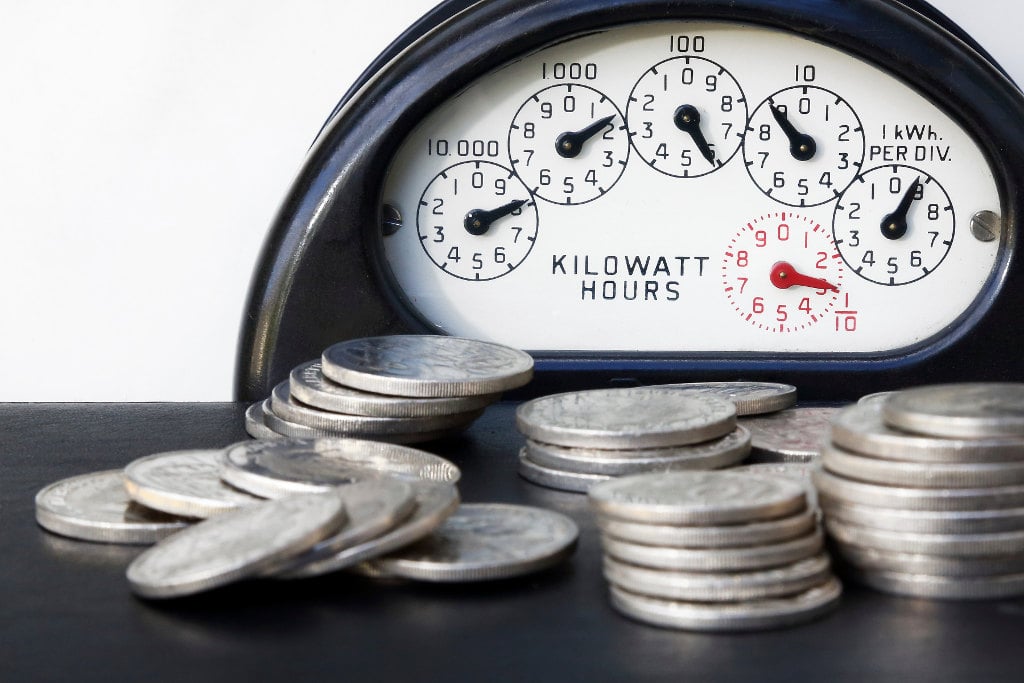The typical value of energy efficiency projects being taken on by consumers has dropped according to the latest survey from EEVS and Bloomberg New Energy Finance, which recorded growth in the number of projects valued between £50,000-100,000.
The quarterly Energy Efficiency Trends Survey found that while project spending remained strong in the final three months of 2016, consumers were looking to smaller projects with a typical payback of up to four years with large investments relatively scarce.
This trend towards cheaper projects suggests consumers are already working within the confines of the upcoming Minimum Energy Efficiency Standards (MEES) for the non-domestic private rented sector.
Due to be introduced on 1 April 2018, MEES will require commercial landlords of properties with an EPC rating below E to make improvements before they can be leased. The regulations state that work will only be required if the energy efficiency work achieves a payback of seven years or less, providing an exemption for those that cannot.
The short payback periods already being selected by consumers engaging in energy efficiency work are well within the requirements of this seven year payback test, and also reflect the technologies being used.
HVAC systems and high efficiency lighting have shown significant increases in deployment, often offering shorter paybacks allowing firms to use in-house capital rather than third party finance, another trend shown by the latest survey.
These technology choices reflect a change from the last survey published in November 2016, which showed a significantly higher average cost of energy efficiency projects and a sharp decline in lighting projects.
With consumers continuing to show strong activity suppliers have enjoyed a steady period, with more than 80% of respondents to the latest survey reporting either stable or increasing U.K. orders in the past three months.
Despite this largely stable environment, concerns have continued to mount over the government’s involvement in the energy efficiency sector. Less than 10% of suppliers consider government action to be effectively supporting the market, continuing a sustained decline in sentiment towards the government.
Coupled with this, confidence in the government management of the wider UK economy has also continued to slide, reaching the lowest level among suppliers since the survey began in 2014.
This was also reflected on the consumer side, with the number of respondents citing subsidy uncertainty as the reason for reducing their efficiency uptake showing a marked increase.





